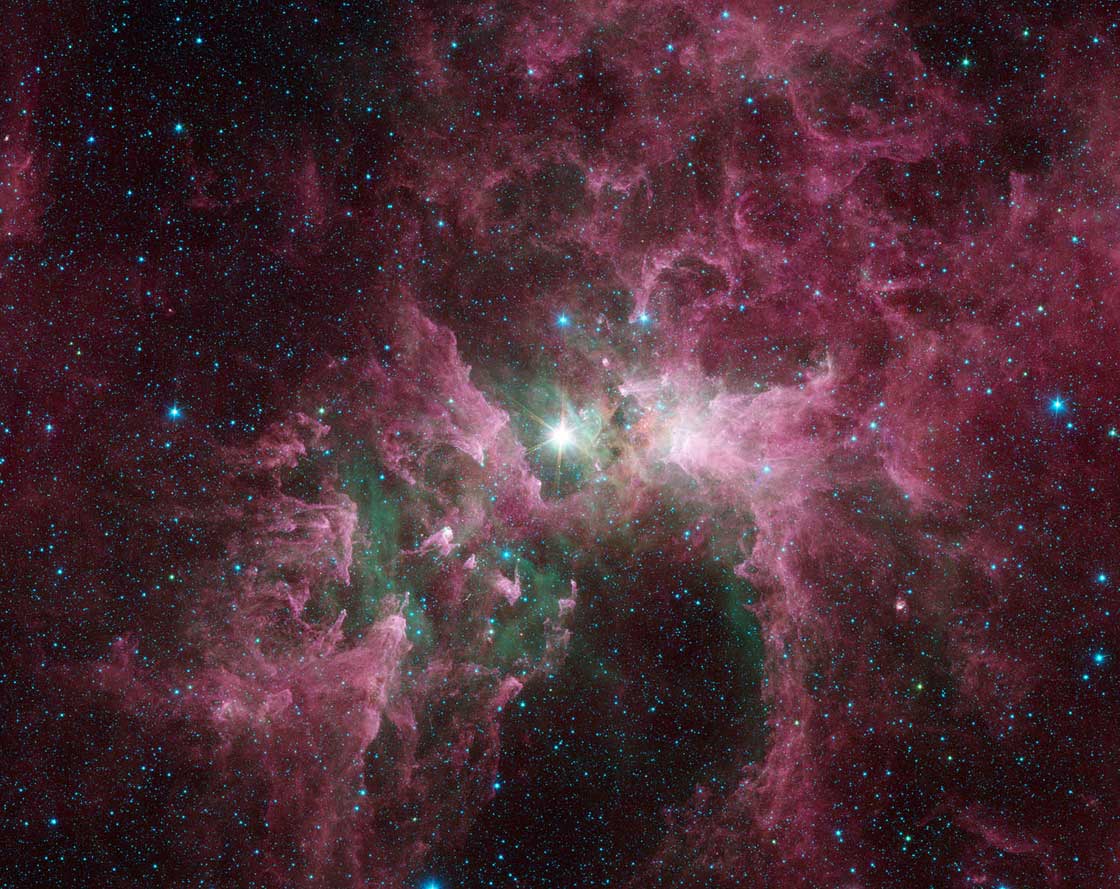TORONTO – Understanding string theory – the idea that our universe is composed of incredibly small, vibrating strings – can be an astronomical task.

But maybe not if you learn it to the tune of legendary rock band Queen’s “Bohemian Rhapsody.”
Tim Blais, a 23-year-old honours physics graduate from McGill University in Montreal, who also just finished his Master’s in high-energy theoretical physics, is using his best singing voice – a capella – to help explain string theory to those of us who find it just a bit challenging.
This is the second science song that Blais has made under his “A Capella Science” name.
“The whole A Capella Science project is a direct product of three things that have always fascinated me: science, music (especially a capella) and parody,” said Blais.
He cites American Bill Nye the Science Guy as the inspiration, as well as The Maccabeats, another a capella group that produces parodies about Jewish holidays.
- 2021 heat dome fuelled by climate change, intensified wildfire risk: study
- B.C. introduces legislation recognizing Haida Gwaii Indigenous title
- Whale experts confident B.C. orca calf will survive, find family if rescue plan succeeds
- Chemical plant shuts down after high benzene levels detected near Ontario First Nation
“Basically one day while daydreaming in my office my brain made the connection between those two projects… I realized I could do the same thing with physics, and it was this ‘aha!’ moment where I suddenly saw a way to unite a set of interests that had never merged before.”
Blais said that it’s important that people need to understand the world around them.
“Science also makes you appreciate the immense complexity and beauty of seemingly mundane everyday occurrences; even something as simple as a stirred cup of tea…” he said. “So I would say that people should also understand science just because the world is so much more interesting when they do.”
Blais is no stranger to music: he plays the drums, piano, guitar and other stringed instruments. He’s taking time off from school and turning to music. But, he added, “I’m never going to stop being a scientist at heart.”
Interestingly, Brian May, the guitarist and founding member of Queen, is an astrophysicist.


Comments